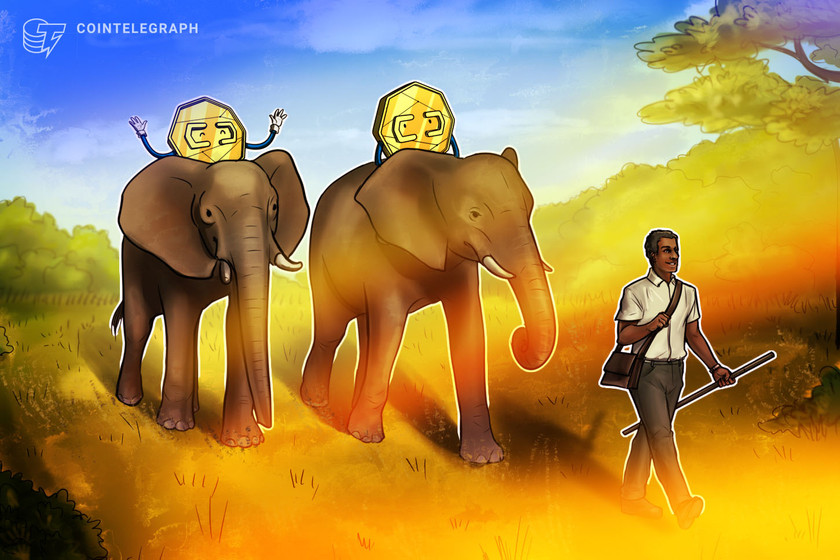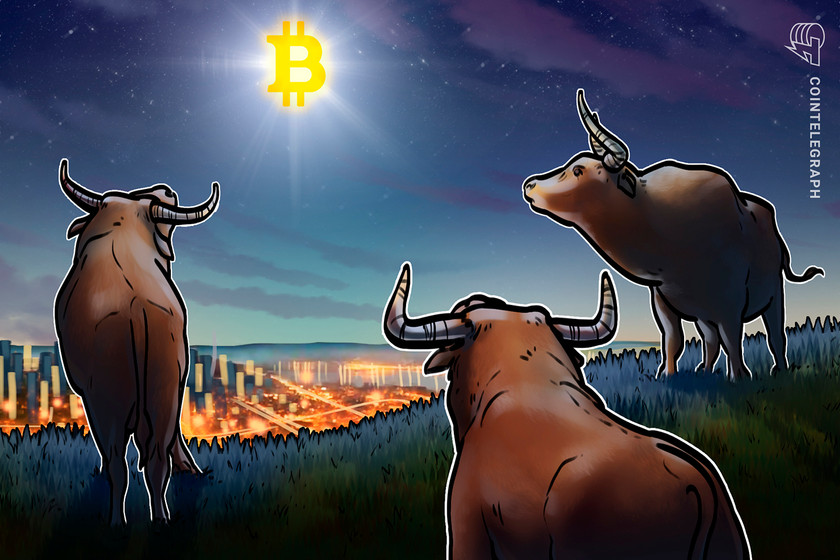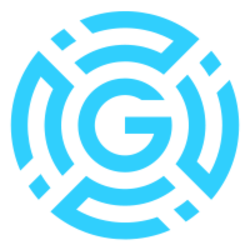
A recent report from DappRadar revealed that over the last year, NFT and gaming-centered decentralized applications rivaled DeFi DApps on many major blockchains.
Over the last year, nonfungible tokens (NFTs) continued to play an important role in the growing Web3 industry. NFTs initiated a shift away from hype-based drops, to utility-centric projects with long-term value.
A new DappRadar report on blockchain and decentralized application (DApp) adoption in 2022 revealed that the NFT sale count last year reached 101 million — a 67.57% increase from the previous year.
According to the report, the Ethereum ecosystem holds the top spot in the NFT ecosystem, holding 21% of the market share and over 21.2 million transactions processed. It is followed by Wax (14.5 million), Polygon (13.3 million) and Solana (12.9 million).
Both the Solana and ImmutableX ecosystems saw massive growth from the previous year in terms of transaction activity, with a 440% and 315% increase, respectively.
Meanwhile, the data shows no change in the BNB ecosystem, with roughly 1 million transactions for both 2021 and 2022.
The dominant category of DApps on various chains has also shifted in the last year. In 2021, decentralized finance (DeFi) apps were dominant on all but 2 of the 13 chains used in the report.
This year, however, a major shift towards high-risk, gaming and NFT DApps leveled out the playing field.
Related: Opinion: NFTs have a brighter future on Instagram than on Twitter
Additionally, the report highlighted Ethereum and Cardano as the blockchains with the most active developers working on-chain, with 223 and 151 active protocols, respectively.
While modular blockchains, such as Polkadot and Cosmos, saw their network developer activity grow by 16% and 131.7%.
The importance of NFTs in the Web3 space also spilled over into mainstream culture last year. From continued adoption by legacy institutions like the NBA to Amazon making a documentary series about NFTs and those who collect them.
At the end of the year last year, China announced its first national NFT marketplace to serve as a secondary market for the exchange of digital assets.






















































































